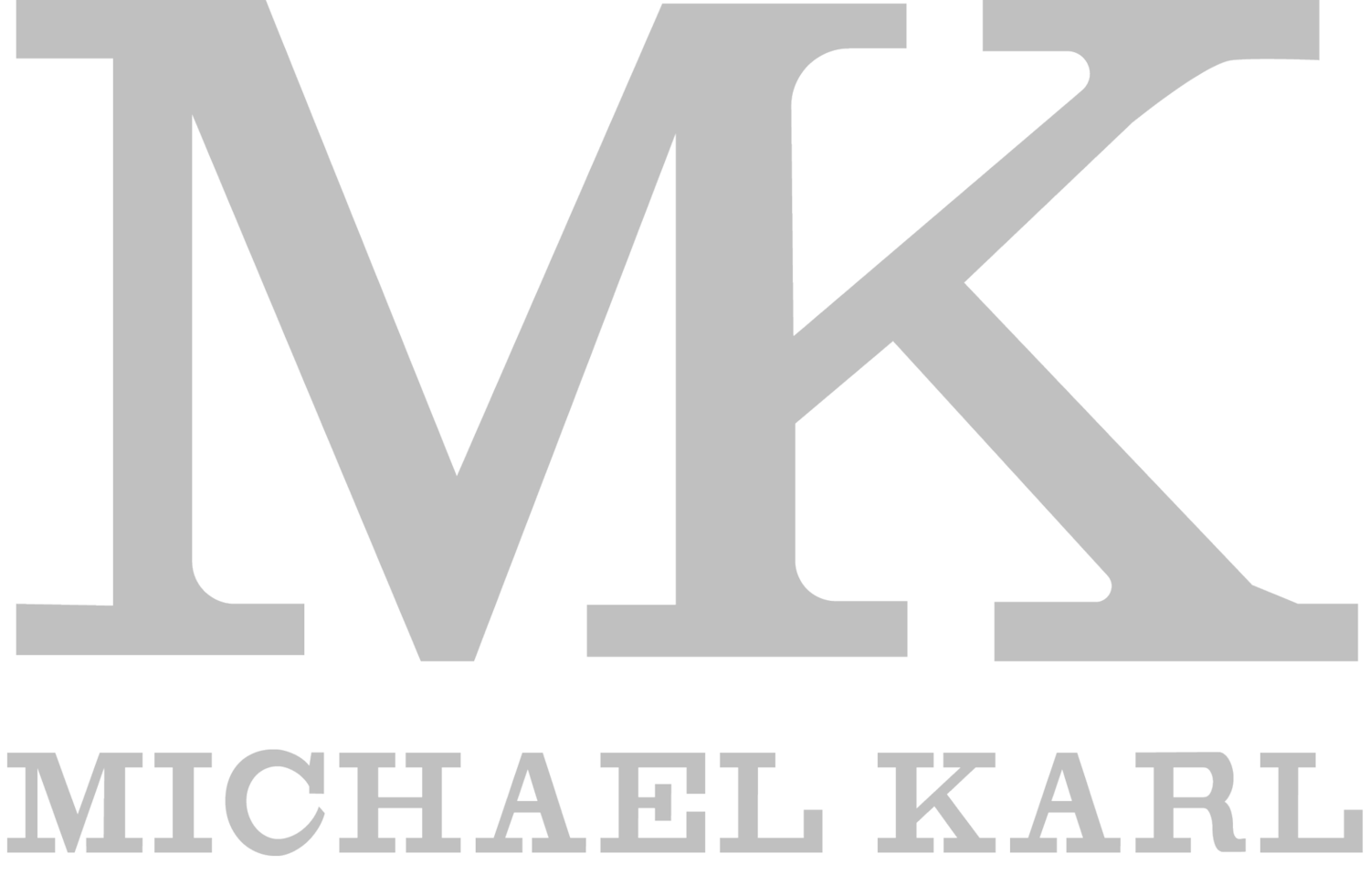Communication is the cornerstone of human interaction. From simple conversations to complex negotiations, communication skills are essential for success in both personal and professional settings. Despite the importance of effective communication, many people struggle to perfect their communication skills. But how can people improve their communication skills?
1. Recognize the Ego and True Self
One of the most common obstacles to effective communication is the ego. The ego is the sense of self that we develop throughout our lives. The voice in our head tells us we are correct, that we know best, and that others should listen to us. While the ego can be helpful in some situations, it can also hinder effective communication.
Recognizing the difference between the ego and our true self is essential to overcome the ego. The true self is the part of us connected to others and the world around us. It is the part of us that is open, curious, and willing to listen. By recognizing the ego and true self, we can learn to let go of our need to be correct and open ourselves up to new perspectives and ideas.
2. Pause Between Stimulus and Response
Another common obstacle to effective communication is our tendency to react quickly to stimuli. When we hear something we disagree with or find offensive, we often react without thinking about our response, leading to misunderstandings and hurt feelings.
Learning to pause between stimulus and response is essential to improve our communication skills. This means taking a moment to think about our response before reacting. By doing so, we can ensure that our response is thoughtful, respectful, and practical.
3. Check the Body
Our bodies can reveal much about our thoughts and feelings, even when we are unaware of it. For example, we may fidget or avoid eye contact when anxious or nervous. These nonverbal cues can be just as important as our words when communicating.
It is essential to check the body. It means paying attention to our body language and making sure it is consistent with the message we are trying to convey. If we are anxious or nervous, we can take steps to calm our bodies, such as taking deep breaths or practicing relaxation techniques.
4. Relax
When we are stressed or anxious, it can be challenging to communicate effectively. Our thoughts become jumbled, and we may struggle to express ourselves clearly. To improve our communication skills, it is essential to learn to relax.
Many relaxation techniques can help us calm our minds and bodies. Some examples include deep breathing, meditation, yoga, and progressive muscle relaxation. Practicing these techniques regularly teaches us to stay calm and focused even in stressful situations.
5. Compose Thoughts First
Finally, one of the most effective ways to improve communication skills is to compose our thoughts before speaking. This means taking a moment to think about what we want to say and how we want to say it.
By composing our thoughts first, we can ensure our message is clear, concise, and practical. We can also avoid misunderstandings and miscommunications arising when we speak without thinking.
Conclusion
Effective communication is essential for success in both personal and professional settings. By recognizing the ego and authentic self, pausing between stimulus and response, checking the body, relaxing, and composing our thoughts, we can improve our communication skills and become more effective communicators. Whether giving a presentation, negotiating a deal, or conversing with a friend, these tips can help us achieve our goals and build stronger relationships with those around us.
Are you seeking the best keynote speakers to captivate and engage your audience at your next corporate event? Look no further than Michael Karl, the renowned mind reader and expert on communication skills and the power of influence. I am the perfect corporate speaker to inspire and motivate your team to achieve their goals. Contact us now to learn more about availability and pricing for various events today.

